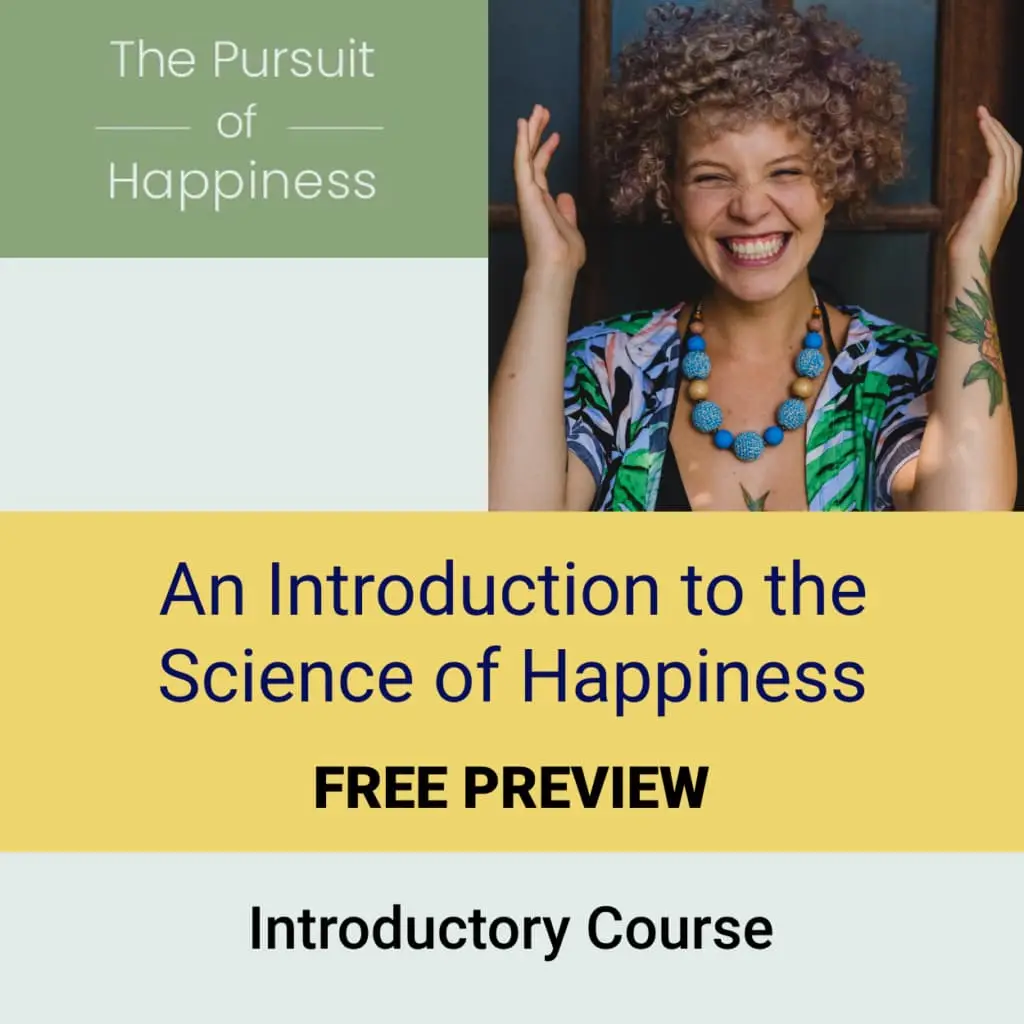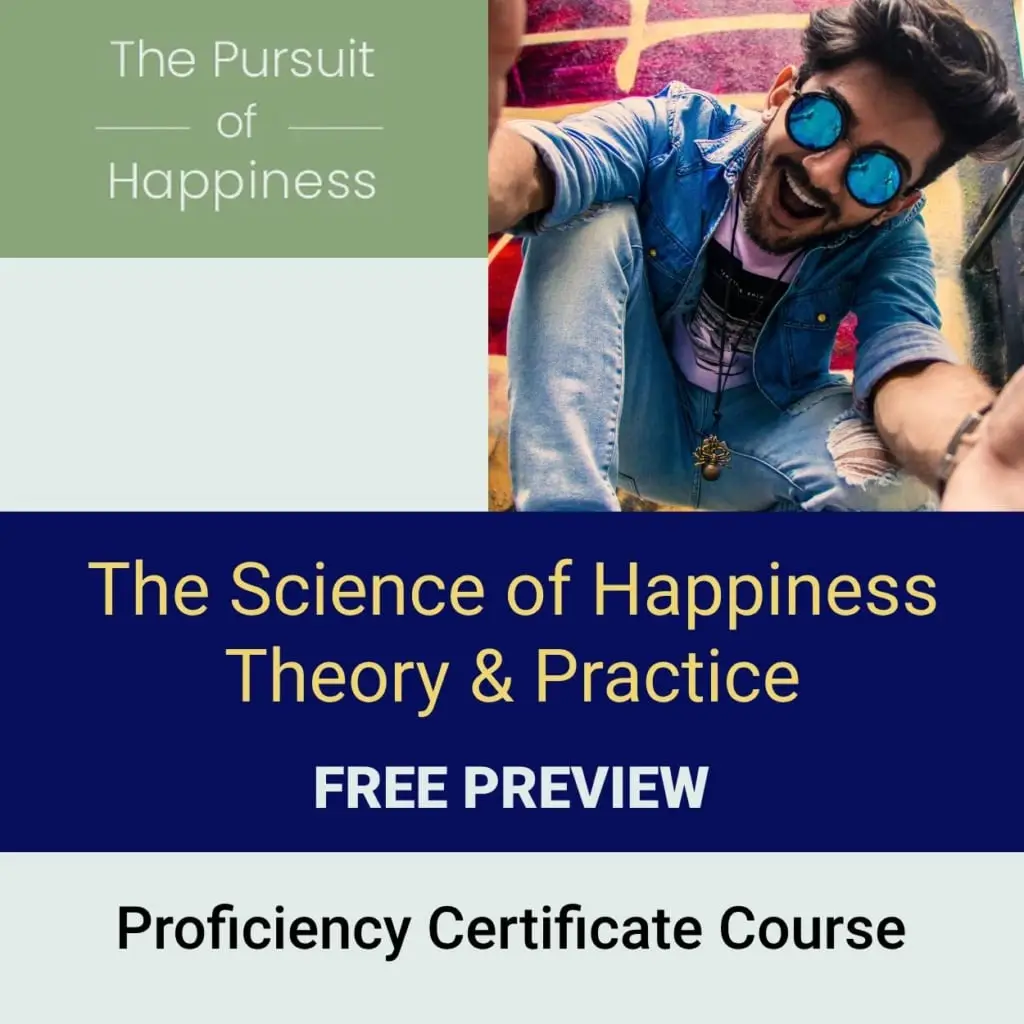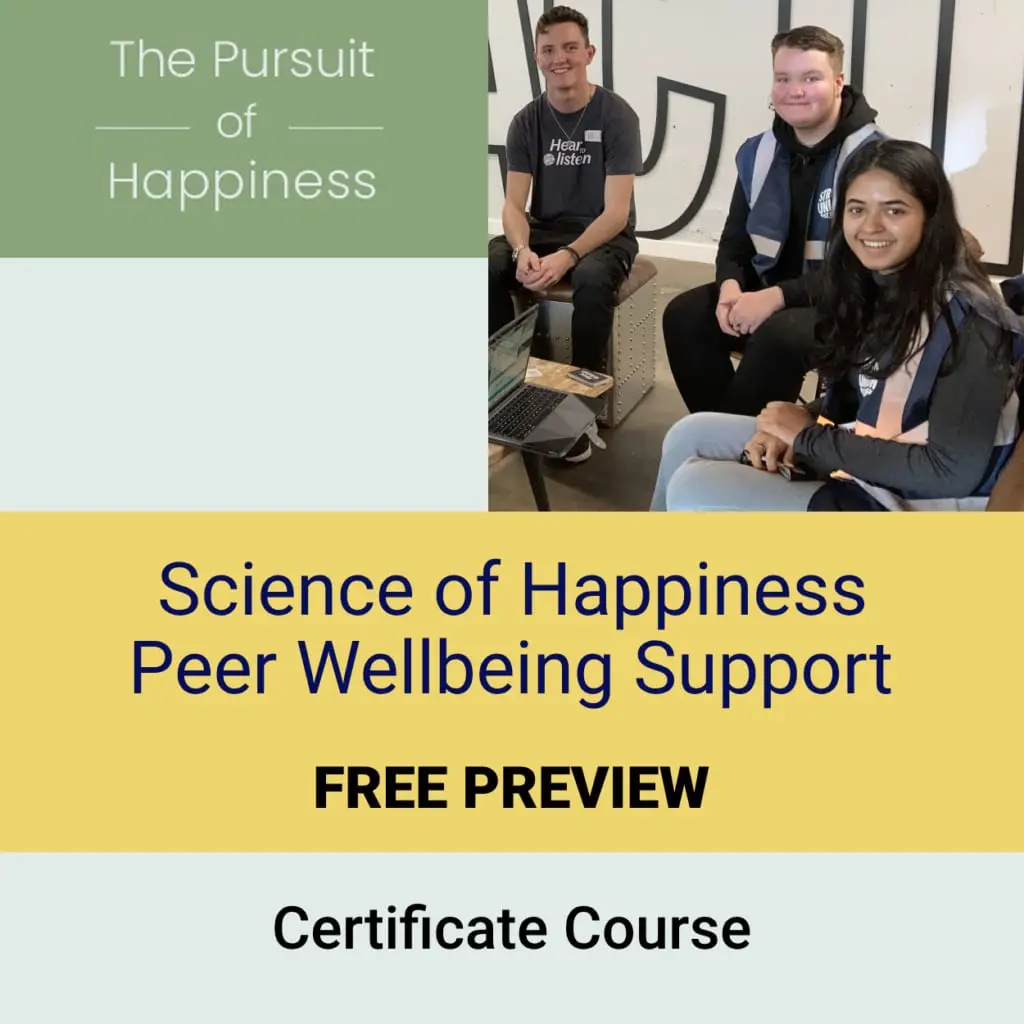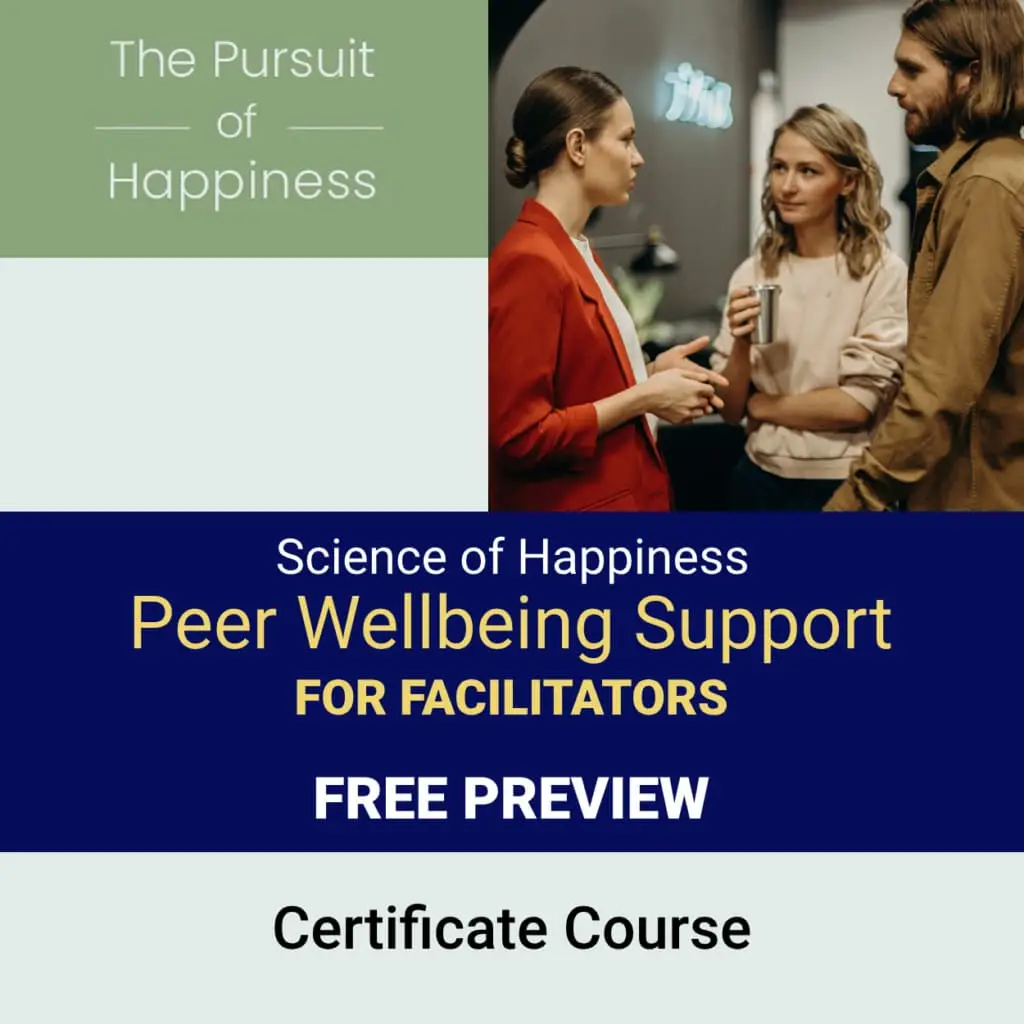Interested in learning more about religiosity, spirituality, and meaning in life? Click on each citation to read the abstract of each study.
Review Studies:
Haslam, A., Jetten, J., Postmes, T., and Haslam, C. (2009). Social identity, health, and wellbeing: an emerging agenda for applied psychology. Applied Psychology: An International Review, 58, 1-23. doi:10.1111/j.1464-0597.2008.00379.x
Candy, B., Jones, L., Varagunam, M., Speck, P., Tookman, A., and King, M. (2012). Spiritual and religious interventions for well-being of adults in the terminal phase of disease. Cochrane Database of System Reviews, Issue 5. Art. No.: CD007544. doi:10.1002/14651858.CD007544.pub2
Visser, A., Garssen, B., and Vingerhoets, A. (2010). Spirituality and well-being in cancer patients: A review. Psycho-Oncology, 19(6), 565-572. doi:10.1002/pon.1626
Religiosity/Spirituality and Well-Being in the Workplace:
Religious/Spiritual Doubt and Well-Being:
Krause, N. (2006). Religious doubt and psychological well-being: A longitudinal investigation. Review of Religious Research, 47(3), 287-302.
Religiosity/Spirituality and Well-Being among Ill or Vulnerable Populations:
Bauer-Wu, S., and Farran, C. J. (2005). Meaning in life and psychospiritual functioning: a comparison of breast cancer survivors and healthy women. Journal of Holistic Nursing, 23(2), 172-190. doi:10.1177/0898010105275927
Jim, H. S., Andersen, B. L. (2007). Meaning in life mediates the relationship between social and physical functioning and distress in cancer survivors. British Journal of Health Psychology, 12(3), 363-381. doi:10.1348/135910706X128278
Candy, B., Jones, L., Varagunam, M., Speck, P., Tookman, A., and King, M. (2012). Spiritual and religious interventions for well-being of adults in the terminal phase of disease. Cochrane Database of System Reviews, Issue 5. Art. No.: CD007544. doi:10.1002/14651858.CD007544.pub2
Kim, K.H. (2006). Religion, body satisfaction, and dieting. Appetite, 46(3), 285 – 296.
Richards, P. S., Berrett, M. E., Hardman, R. K., and Eggett, D. L. (2006). Comparative efficacy of spirituality, cognitive, and emotional support groups for treating eating disorder inpatients. Eating Disorders, 14(5), 401-415. doi:10.1080/10640260600952548
Visser, A., Garssen, B., and Vingerhoets, A. (2010). Spirituality and well-being in cancer patients: A review. Psycho-Oncology, 19(6), 565-572. doi:10.1002/pon.1626
Religiosity/Spirituality and Well-Being Among Different Age Groups:
Abdel-Khalek, A. M. (2007). Religiosity, happiness, health, and psychopathology in a probability sample of Muslim adolescents. Mental Health, Religion, and Culture, 10(6), 571-583.
Nooney, J. G. (2005). Religion, stress, and mental health in adolescence: Findings from Add Health. Review of Religious Research, 46(4), 341-354.
Religious Social Networks and Well-Being:
Meaning in Life and Psychological Well-Being:
Bauer-Wu, S., and Farran, C. J. (2005). Meaning in life and psychospiritual functioning: a comparison of breast cancer survivors and healthy women. Journal of Holistic Nursing, 23(2), 172-190. doi:10.1177/0898010105275927
Halama, P., and Dedova, M. (2007). Meaning in life and hope as predictors of positive mental health: do they explain residual variance not predicted by personality traits? Studia Psychologica, 49(3), 191 – 201.
Haslam, A., Jetten, J., Postmes, T., and Haslam, C. (2009). Social identity, health, and wellbeing: an emerging agenda for applied psychology. Applied Psychology: An International Review, 58(1), 1-23.
Jim, H. S., Andersen, B. L. (2007). Meaning in life mediates the relationship between social and physical functioning and distress in cancer survivors. British Journal of Health Psychology, 12(3): 363-381. doi:10.1348/135910706X128278
Religiosity/Spirituality and Psychological Well-Being:
Ellison, C. G. (1991). Religious involvement and subjective well-being. Journal of Health and Social Behavior, 32(1), 80 – 99.
[expand title=”Inglehart, R. F. (2010). “Faith and Freedom: Traditional and Modern Ways to Happiness.” pp. 351-97 in International Differences in Well-Being, edited by E. Diener, J. F. Helliwell, and D. Kahneman. New York: Oxford University Press.”] There are two main routes to happiness, one linked with modernization and another with traditional belief systems. In so far as modernization brings greater income, and political and personal freedom, it is conducive to rising subjective well-being — and in recent decades, it has actually made people happier. Economic development helps but its impact follows a curve of diminishing returns and rising social tolerance and political freedom played even more important roles in the global rise of subjective well-being that occurred from 1981 to 2007. Belief systems also shape subjective well-being, and religion has traditionally helped offset the effect of poverty. Thus, within most countries religious people are happier than non-religious people, although they tend to have lower incomes. And cross-nationally, the people of strongly religious low-income countries are substantially happier than the people of less religious low-income countries. Ideologies also help shape subjective well-being. Today, the publics of most ex-communist countries show weak or negative correlations between religion and subjective well-being. This seems to reflect a recent influx of unhappy people, who have turned to religion following the collapse of faith in communist ideology, which once provided a sense of meaning and certainty for many people. [/expand]
Kashdan, T. B., and Nezlek, J. B. (2012). Whether, when, and how is spirituality related to well-being? Moving beyond single occasion questionnaires to understanding daily process. Personality and Social Psychology Bulletin, 38(11), 1523 – 1535.
Lim, C., and Putnam, R. D. (2010). Religion, social networks, and life satisfaction. American Sociological Review, 75(6), 914 – 933.





